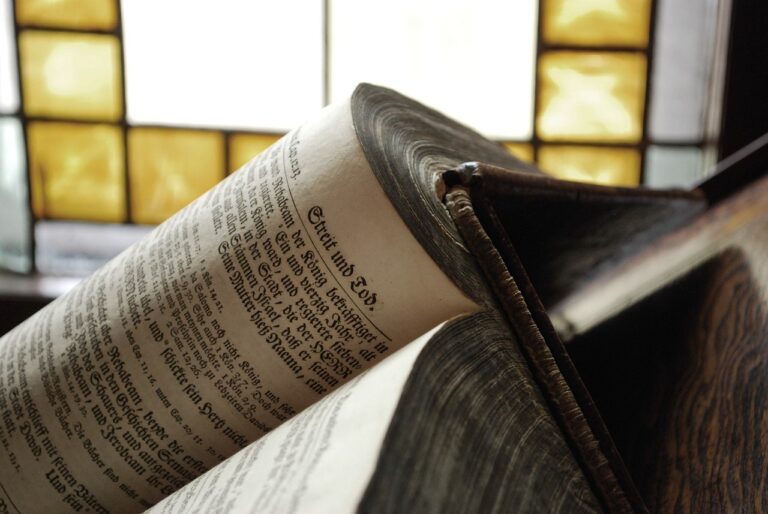Exploring the Role of Peer Assessment in Enhancing Learning Outcomes: World 7.com, Mahadev book login id and password, Silver exchange demo id
world 7.com, mahadev book login id and password, silver exchange demo id: Exploring the Role of Peer Assessment in Enhancing Learning Outcomes
As educators continue to seek innovative ways to improve student learning outcomes, peer assessment has emerged as a valuable tool in the educational landscape. Peer assessment involves students providing feedback to their peers on their work, whether it be essays, presentations, or projects. This process not only benefits the student receiving the feedback but also the student providing it. Let’s delve deeper into the role of peer assessment in enhancing learning outcomes.
Encourages Critical Thinking
One of the key benefits of peer assessment is that it encourages students to think critically about their own work as well as their peers’. By evaluating someone else’s work, students are required to analyze and reflect on the criteria for success. This process cultivates a deeper understanding of the subject matter and promotes higher-order thinking skills.
Promotes Collaboration and Communication
Peer assessment fosters a sense of collaboration among students as they work together to provide feedback. It also enhances communication skills, as students must effectively convey their thoughts and suggestions to their peers. These skills are essential not only in an academic setting but also in the professional world.
Provides Diverse Perspectives
Every student brings a unique perspective to the table, and peer assessment allows for the diverse viewpoints of classmates to shine through. This diversity of perspectives can lead to a richer discussion and more comprehensive feedback for the student receiving the assessment.
Builds a Sense of Community
Peer assessment helps in building a sense of community within the classroom. Students learn to trust and rely on their peers for constructive criticism, creating a supportive environment for growth and improvement. This camaraderie can significantly enhance the overall learning experience for everyone involved.
Encourages Ownership of Learning
When students are actively involved in the assessment process, they take ownership of their learning. Peer assessment empowers students to evaluate their strengths and weaknesses, set goals for improvement, and take responsibility for their academic progress. This sense of ownership can lead to increased motivation and engagement in the learning process.
Fosters Continuous Improvement
Peer assessment is a continuous feedback loop that allows students to make incremental improvements over time. By receiving feedback from multiple sources, students can identify patterns and trends in their work, leading to targeted interventions for growth. This iterative process of feedback and revision is essential for continuous improvement.
In conclusion, peer assessment is a powerful tool that can enhance learning outcomes in various ways. From promoting critical thinking to fostering collaboration, peer assessment plays a vital role in the educational journey of students. By incorporating peer assessment into classroom practices, educators can create a dynamic learning environment that empowers students to reach their full potential.
FAQs
1. How can educators ensure the validity and reliability of peer assessment?
Educators can provide clear guidelines and rubrics for peer assessment, train students on how to provide feedback effectively, and monitor the process to ensure fairness and consistency.
2. What are some best practices for implementing peer assessment in the classroom?
Some best practices include setting clear expectations, fostering a supportive environment, providing opportunities for peer reflection, and incorporating self-assessment as part of the process.
3. How can peer assessment benefit students with diverse learning needs?
Peer assessment can provide personalized feedback and support for students with diverse learning needs, helping them to identify areas of strength and areas for improvement.
4. How can educators address concerns about bias or unfairness in peer assessment?
Educators can establish norms for respectful feedback, encourage students to consider multiple perspectives, and provide opportunities for self-assessment to balance out any potential bias or unfairness.







